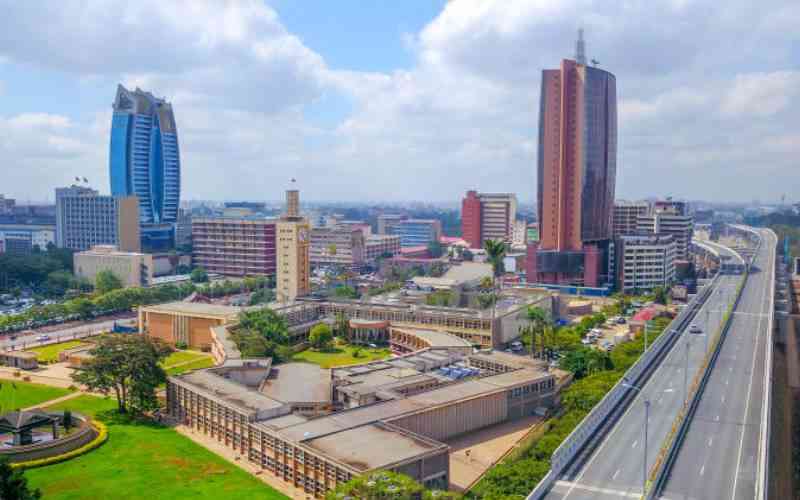×
The Standard e-Paper
Join Thousands Daily

The year 2022 marked 40 years since I came to Nairobi. By then, the green city in the sun was largely unspoilt and had lots of trees and vegetation.
My destination was Upper Kabete, to be specific, the Native Industrial Training Depot (NITD). If you take matatus on Waiyaki, someone is likely to alight at "N."